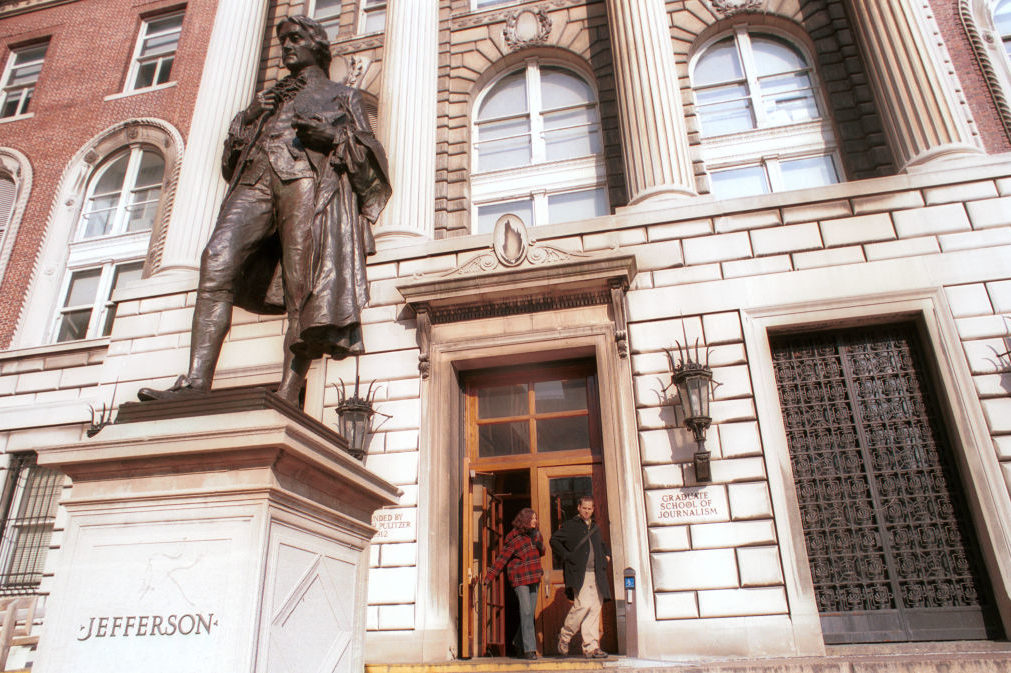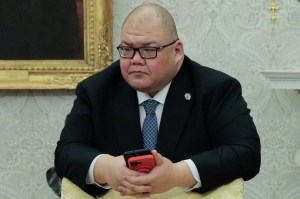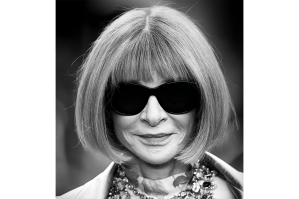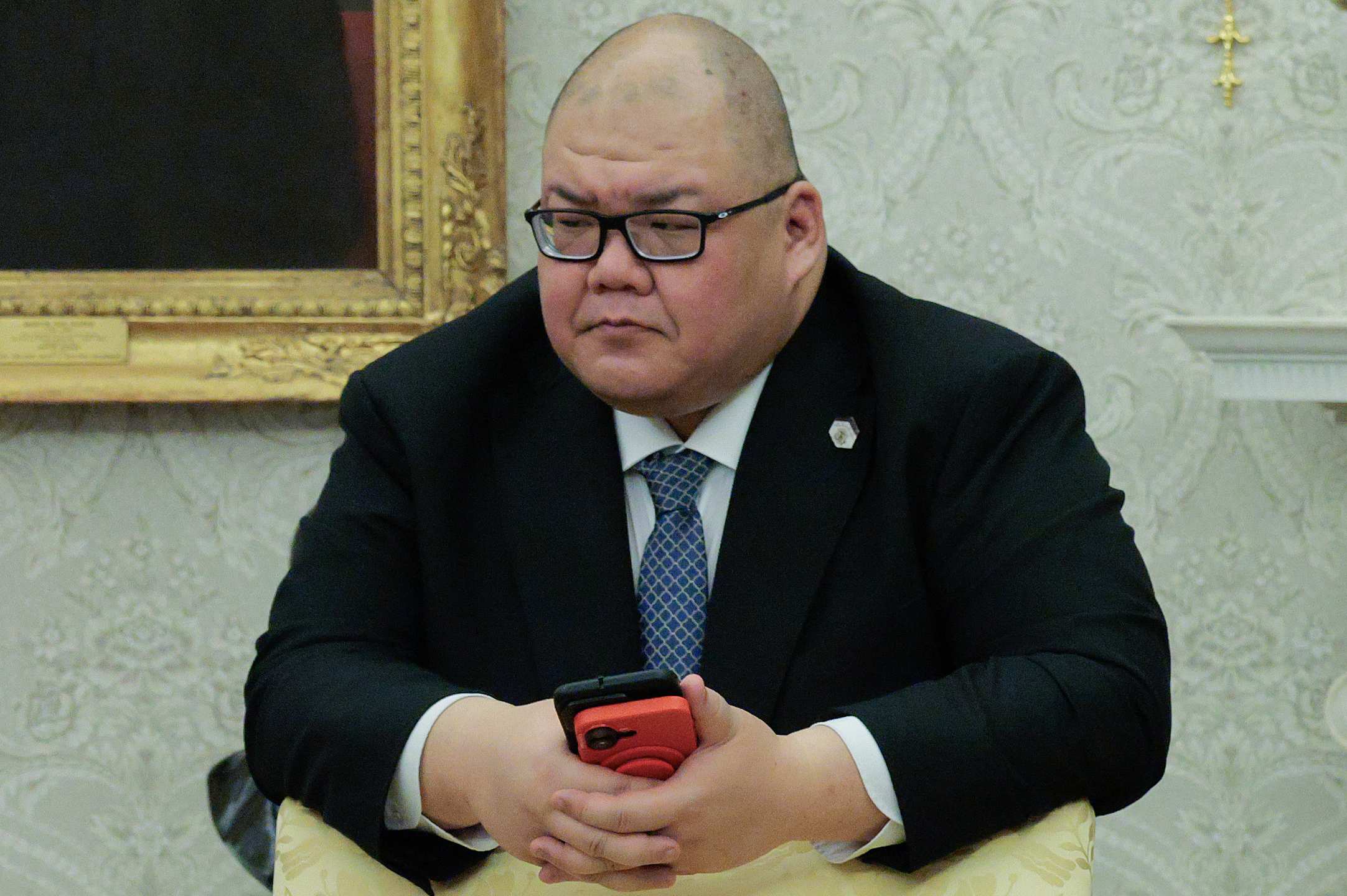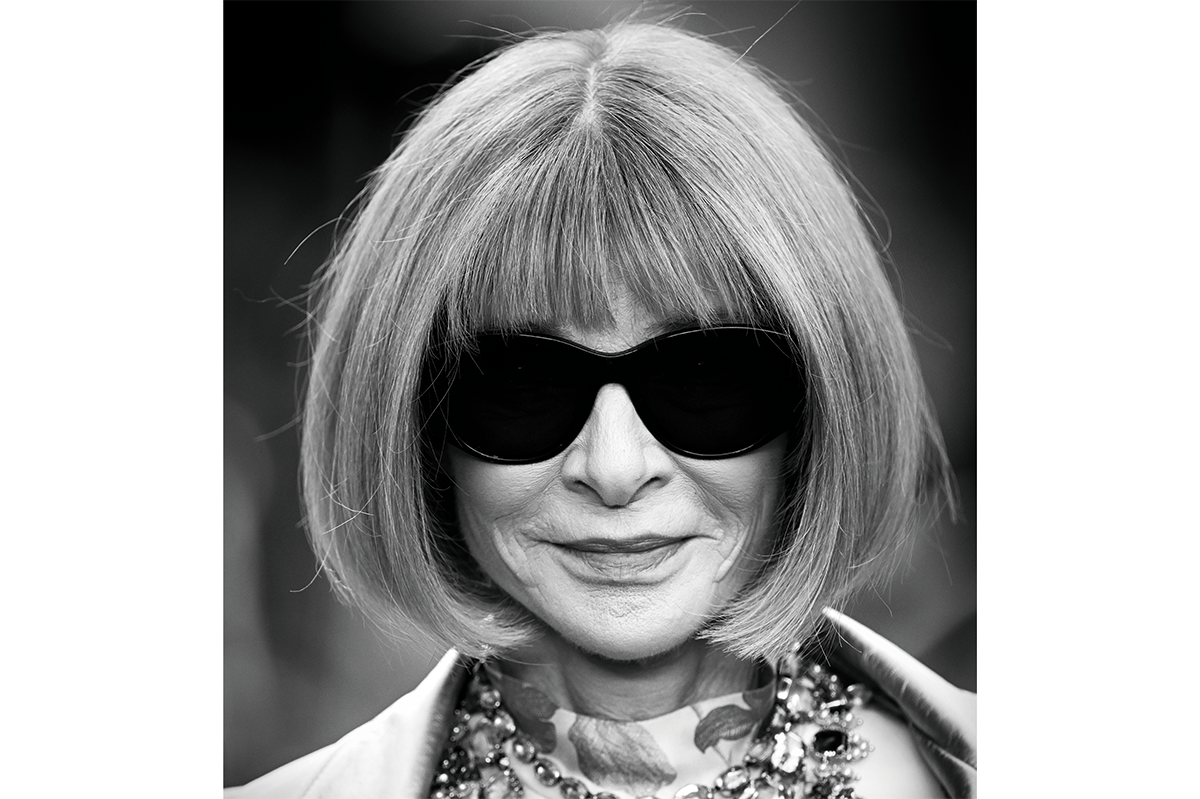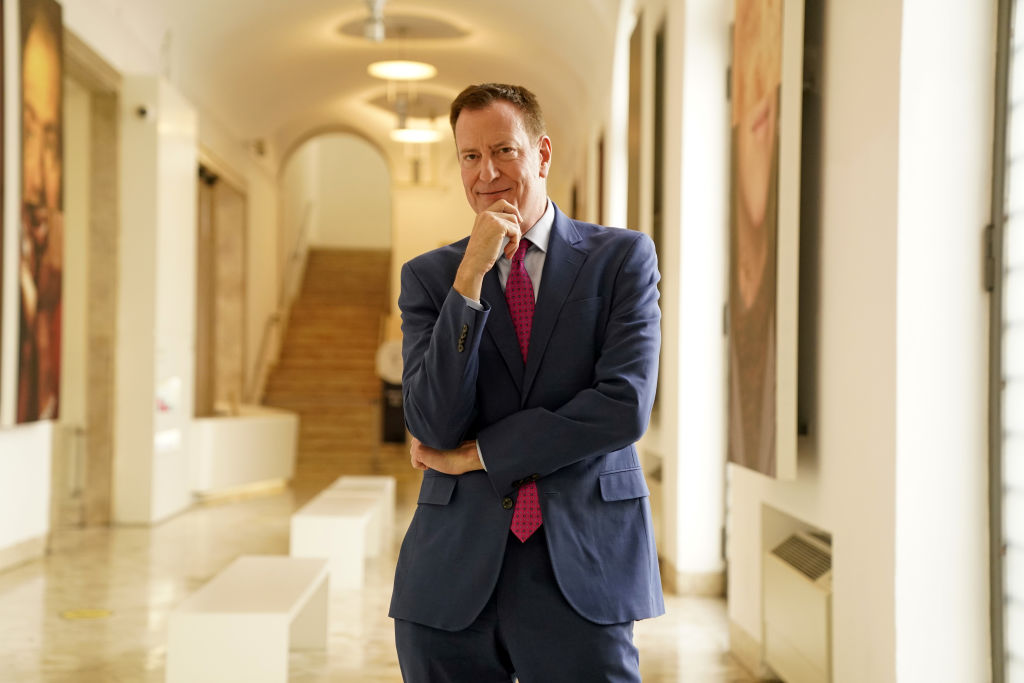It’s very unlikely that I’d be a reasonably successful journalist today if I hadn’t come from an upper-middle-class family. Fresh out of college, I got a series of non- or low-paying internships. It wasn’t until spring of the following year that I found a staff position with benefits (and a salary of $33,000, which at the time seemed like plenty to live on). Because my parents provided financial support and because I had no debt, I was able to gain the experience and connections that helped launch my career.
Somewhere, surely, there is a 37-year-old who is very similar to me and who wanted to be a journalist, but who is now doing something else because it just wasn’t feasible, financially. Journalism’s class problem has gotten worse in recent years, and I’ve been thinking a lot about the effect it’s having on the media — and how it can help explain certain otherwise confusing trends.
As Batya Ungar-Sargon shows in her forthcoming book, Bad News: How Woke Media Is Undermining Democracy, this trajectory has been developing for a long time. In the 1930s, she explains, about 30 percent of journalists had finished college. ‘By 1992,’ she writes, ‘it was 82 percent of all journalists; by 2002, it was 89 percent; and by 2015, just 8 percent of all journalists hadn’t been to college, a number that is certainly even smaller today.’
As Ungar-Sargon points out, it isn’t that journalism jobs are high-paying — far from it, except for a few at the tippy-top of the profession. But they are high-status: they attract graduates of top-tier colleges, and graduates of top-tier colleges usually come from backgrounds similar to or richer than mine.
When they arrive in newsrooms, privileged young people bring their values and priorities with them. Many of the recent convulsions in media organizations over ‘social justice’ are, if you look closer, much more about adopting the ever-changing, highly specific etiquette of the college-educated with regard to how these issues are discussed. At the New York Times and Slate, for example, younger staffers clamored for the punishment of well-established older white male staffers — the science writer Donald McNeil, who is of retirement age and resigned, and the podcaster Mike Pesca, who is middle-aged, whose daily podcast was discontinued, and whose fate remains unclear — because McNeil and Pesca had used the ‘N-word’ not as a slur, but in the context of talking about the word and its impact.
An issue like this is framed as a matter of racial justice, as part of the grand reckoning that has engulfed liberal institutions since the murder of George Floyd. But opinion on whether white people can ever say the N-word has a lot more to do with education (and therefore class) than racial justice per se. Reasonable people can and do differ, including plenty of black scholars who have argued that the word shouldn’t be treated as unsayable or unprintable in all contexts. But among today’s college-educated liberals? There is no discussion. The word is never to be used. Why? Shut up. How can one reconcile the Times’s treatment of McNeil and Slate’s of Pesca with the fact that both outlets have printed the word very frequently, including recently? Seriously, shut up.
Many articles have been published by major media organizations about the racially insensitive climates at major media organizations — and these articles, too, reflect class concerns. Almost always, the focus is less on, say, the structural obstacles to entry faced by genuinely poor and working-class would-be journalists, but on microaggressions.
Before the hit podcast Reply All was consumed in its own alleged (and unproven) bullying scandal, it had planned a four-part series on the racial climate at Bon Appétit. Only two episodes aired, and in one of them, evidence of BA’s unfriendly racial climate came from the story of an executive assistant who was mad that rather than take up her offer of being a resource on diversity, equity and inclusion issues, her bosses asked her to tidy a conference room prior to a meeting (exactly the sort of thing an assistant does). I Googled her name and she is a third-generation Stanford University graduate who went to a tony prep school prior to that.
Imagine explaining to the two-thirds or so of Americans who lack a college degree — and who therefore would never have a shot at even an entry-level position at a place like BA — that this is the focus of the present reckoning: a recent-graduate staffer was asked to do the job she was hired for rather than the job she wished she could do.
This focus on richer, more educated people and their own priorities shows up in mainstream media’s policy coverage too. I don’t want to oversimplify, and there has certainly been valiant reporting on issues that matter to poor people of color, like efforts to reform police use-of-force protocols. But the conversation has been, in many places, hijacked by the fixations of the highly educated. A great deal of ink has been spent on debates over abolishing or seriously defunding the police, for example, simply because these are trendy, exciting ideas among college-educated radical types who often have had little or no exposure to crime.
Polling shows black Americans, on average, have a much more nuanced view of policing. To overgeneralize, they feel like the police aren’t there for them when they need them to be, but then harass them (or their husbands and sons) over nothing.
I know plenty of people who are at least curious about abolishing or defunding the police, or who have bought the Robin DiAngelo line that one of the biggest remaining obstacles to racial justice comes from white people’s subtle slights of their black peers in professional and educational settings. I know almost no one who faces true material challenges on a daily basis. How can this not skew coverage?
This article was originally published in The Spectator’s August 2021 World edition.



